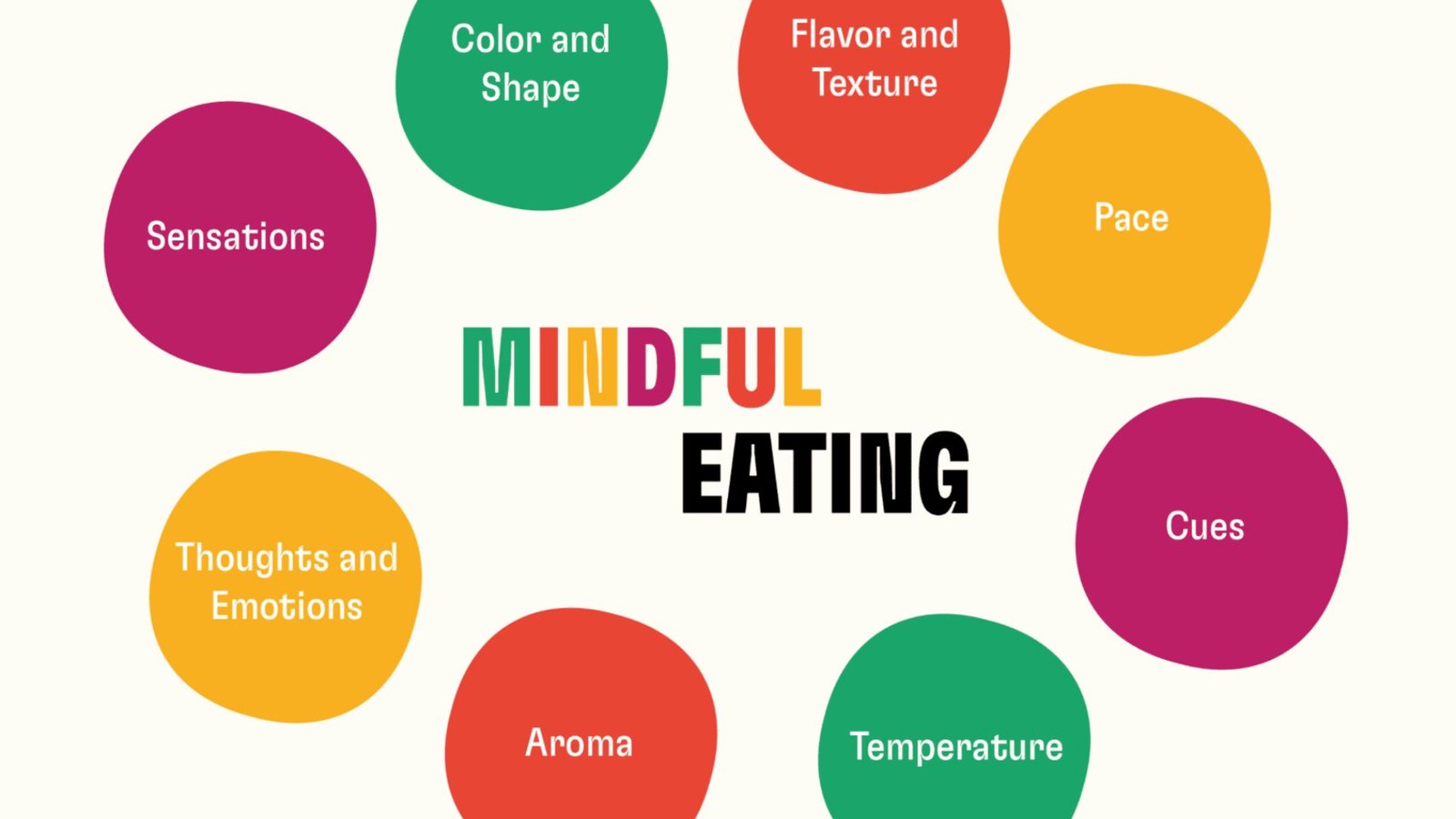Intermittent fasting (IF) has gained popularity as a strategy for weight loss and overall health improvement. This eating pattern involves alternating periods of fasting and eating, and it’s touted for its potential benefits in weight management. However, intermittent fasting may not be suitable for everyone. Understanding the pros and cons can help you determine if this approach aligns with your health goals.

What is Intermittent Fasting?
Intermittent fasting is not about specific foods but rather about when you eat. There are various methods of intermittent fasting, including:
- 16/8 Method: Fast for 16 hours and eat within an 8-hour window.
- 5:2 Diet: Eat normally for 5 days a week and restrict calorie intake to around 500-600 calories on the other 2 days.
- Eat-Stop-Eat: Fast for 24 hours once or twice a week.
- Alternate-Day Fasting: Alternate between fasting days and regular eating days.
Pros of Intermittent Fasting
1. Weight Loss and Fat Loss
Effective Calorie Reduction: Intermittent fasting can help with weight loss by reducing the eating window, which may naturally lead to a reduction in calorie intake. By limiting the time available for eating, individuals often consume fewer calories overall.
Increased Fat Oxidation: Fasting periods can promote fat burning. During fasting, the body shifts from using glucose for energy to burning stored fat, which can aid in fat loss.
2. Improved Metabolic Health
Enhanced Insulin Sensitivity: Intermittent fasting can improve insulin sensitivity, helping the body regulate blood sugar levels more effectively. This can be beneficial for individuals with insulin resistance or type 2 diabetes.
Reduced Inflammation: Some studies suggest that intermittent fasting may reduce inflammation markers in the body, potentially lowering the risk of chronic diseases.
3. Simplified Eating Routine
Reduced Meal Planning: With fewer meals to plan and prepare, intermittent fasting can simplify the eating routine. This can be particularly advantageous for individuals with busy lifestyles or those who prefer a more straightforward approach to eating.
4. Potential Longevity Benefits
Cellular Repair Processes: Intermittent fasting may stimulate cellular repair processes, such as autophagy, where cells remove damaged components. This process is thought to play a role in longevity and disease prevention.
5. Improved Mental Clarity
Enhanced Cognitive Function: Some people report improved mental clarity and focus during fasting periods. The reduction in blood sugar fluctuations may contribute to more stable energy levels and better cognitive function.
Cons of Intermittent Fasting
1. Potential Nutrient Deficiency
Risk of Imbalanced Diet: Restricting eating windows may lead to insufficient intake of essential nutrients if meals are not well-balanced. It’s important to focus on nutrient-dense foods during eating periods to avoid deficiencies.
Inadequate Caloric Intake: For some individuals, particularly those with high energy needs, intermittent fasting can make it challenging to consume enough calories and nutrients.
2. Impact on Physical Performance
Decreased Exercise Performance: Fasting periods may affect physical performance, particularly during high-intensity workouts. Some individuals experience decreased energy levels or difficulty performing at their best during fasting.
3. Possible Disordered Eating
Triggering Unhealthy Behaviors: For some people, intermittent fasting may trigger disordered eating patterns, such as binge eating during eating windows or developing an unhealthy obsession with food.
4. Social and Lifestyle Challenges
Difficulty with Social Events: Fasting windows may interfere with social activities and meal times, potentially causing challenges in social settings or family meals.
Adherence Issues: Maintaining a fasting regimen may be difficult for some individuals, especially if they experience hunger or discomfort during fasting periods.
5. Potential for Overeating
Compensatory Eating: There is a risk of overeating during eating windows to compensate for fasting periods. This can counteract the benefits of intermittent fasting and lead to weight gain.
Conclusion
Intermittent fasting can be a useful tool for weight loss and improving metabolic health for some individuals. Its benefits include potential weight loss, improved insulin sensitivity, and simplified eating routines. However, it also has potential drawbacks, such as nutrient deficiencies, impact on physical performance, and social challenges. Before starting intermittent fasting, it’s important to consider your individual health needs, lifestyle, and goals. Consulting with a healthcare provider or nutritionist can help you determine if intermittent fasting is a suitable approach for you and ensure that you’re implementing it in a healthy and balanced manner.




